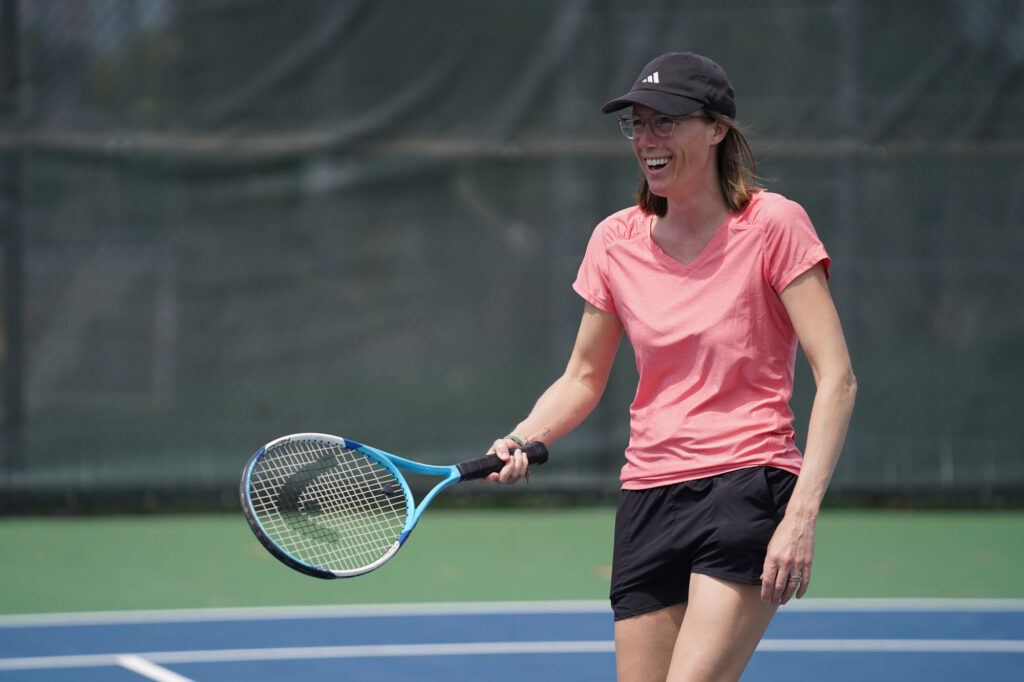
Photo: Sarah-Jade Champagne
In recognition of Mental Health Awareness Month and in conjunction with the launch of Tennis Canada’s revamped Mental Timeout Initiative supported by Beneva, we spoke with Dr. Sommer Christie, a Certified Mental Performance Consultant for Tennis Canada, to put together a four-part article series about the importance of mental health, both in tennis and in life.
READ: MENTAL HEALTH AWARENESS MONTH: DEVELOPING A CHAMPION’S MENTALITY
The benefits of regular physical activity on every aspect of our well-being are numerous and the best part is, it’s easy to do if we make the time. There are multiple ways to be physically active that go far beyond simply participating in sports. Being physically active can improve your brain health, help manage weight, reduce the risk of disease, strengthen bones and muscles, and improve your ability to do everyday activities. With respect to this article series, Dr. Sommer Christie is adamant that one of the most important advantages of physical activity is the best medication for mental health.
READ: MENTAL HEALTH AWARENESS MONTH: TIPS TO IMPROVE YOUR MENTAL HEALTH
“Being physically active changes your brain chemistry. It actually gives you more dopamine which contributes to your happiness,” explained Christie. “If we have nothing else but work or being an athlete, physical activity allows you to step out of that trend. It can make you feel better about yourself.”
For those who don’t particularly enjoy sports, there are still plenty of activities that can be made a part of a daily routine including dancing, Zumba, and walks with friends, which all help with our social needs as well. Meanwhile, playing with your kids not only keeps you active but also allows you to create valuable connections with them that will last a lifetime.
READ: MENTAL HEALTH AWARENESS MONTH: THE RELATIONSHIP BETWEEN MENTAL HEALTH AND ATHLETIC PERFORMANCE
Speaking of a lifetime, tennis is a sport that can be enjoyed by anyone at any age and it’s never too late to pick up a racquet so long as your body physically lets you. It’s a great way to stay in shape with friends and family who also play. As much as professional tennis players can be forced to have an imbalanced lifestyle, the game can help keep things more balanced for recreational players who may be struggling mentally or who may be searching for that something missing in their life to feel more whole. Christie reiterates that balance is everything and so is mental health.
“You can survive and perform your daily tasks if you’re ill, but that doesn’t mean it’s healthy,” Christie said. “It’s key to develop healthy habits early on and it’s just as important to develop a healthy understanding of what it’s like to have more in your life than just your career or something that consumes most of your time. Don’t let that one thing define who you are as a person.”




